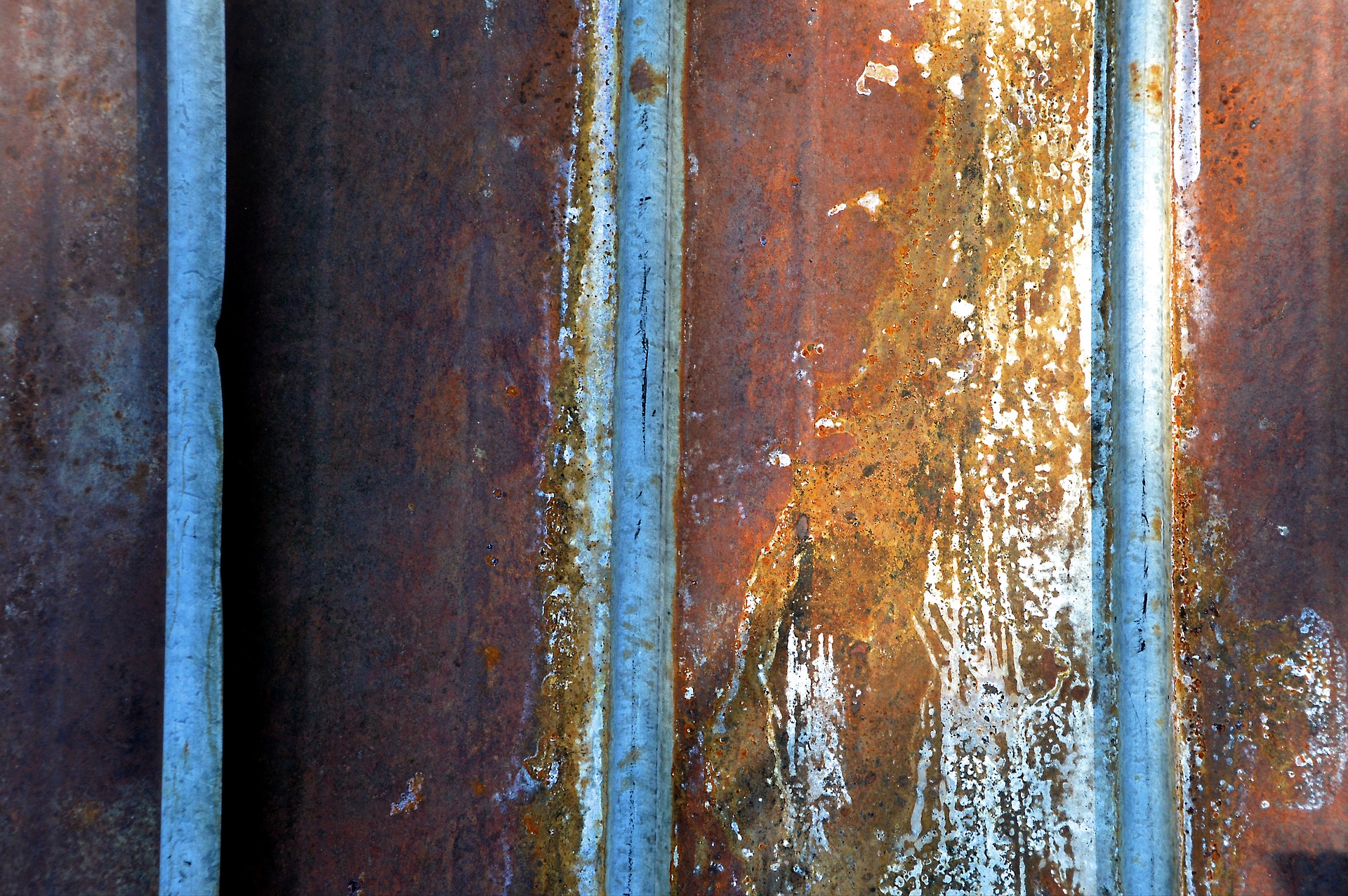NanoSlic corrosive resistant nanocoating offers protection from various elements including moisture, salt spray, oxidation, rust, fouling and other corrosive chemicals or environmental factors. Our anti-corrosion coating allows for added protection primarily on metal surfaces acting as a rust inhibitor.
The corrosion resistant coating creates a barrier on the substrate to prevent corrosive elements from contacting the surface. Since no water comes in contact with the coated surface, no rust can form. NanoSlic corrosive resistant coating is also extremely durable and abrasion resistant which ensures a longer life for the coated surface.

Corrosion Protection for Metals
Metal and steel are integral parts of everyday infrastructure and are constantly exposed to environmental elements including water, road salts, sea salts, dirt, sand, mud, rust, ultraviolet light, etc. Over time these elements can break down metals, reducing the lifespan and overall structural integrity.
NanoSlic’s anti-corrosion and rust preventing nanocoatings are designed to perform in the most corrosive environments especially in coastal areas where you find large bridges, marinas, ports, rigs, ships, and boats.
Corrosion Resistance Testing
NanoSlic’s corrosion resistant coating has undergone various rigorous environmental testing to ensure optimal rust protection, anti-fouling, and anti-corrosion performance.
Salt Fog Exposure
This test provides a controlled corrosive environment which has been utilized to produce relative corrosion resistance information for specimens of metals and coated metals exposed in a given test chamber.
Physical Appearance: No Change
Corrosion (Over anodized aluminum): No Change
Hydrolytic Stability
(85C/95%RH, 1000hrs)
This test method differentiates the relative stability of NanoSlic coatings in the presence of water under the corrosive conditions of the test.
Ability to resist chemical decomposition in the presence of water: No Change
Outdoor Exposure
(Central US Summer-Fall, 100 days)
The test can be used to evaluate the corrosion resistance of coated metals when exposed to the weather, as well as to evaluate the relative corrosivity of the atmosphere at specific locations.
Appearance: No Change
